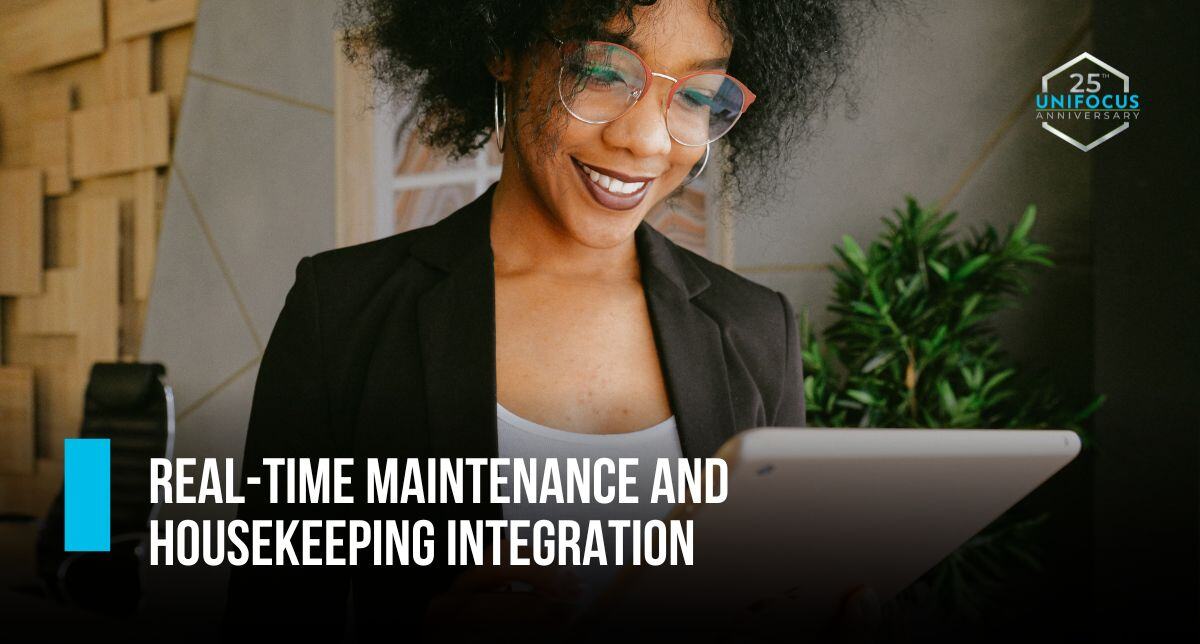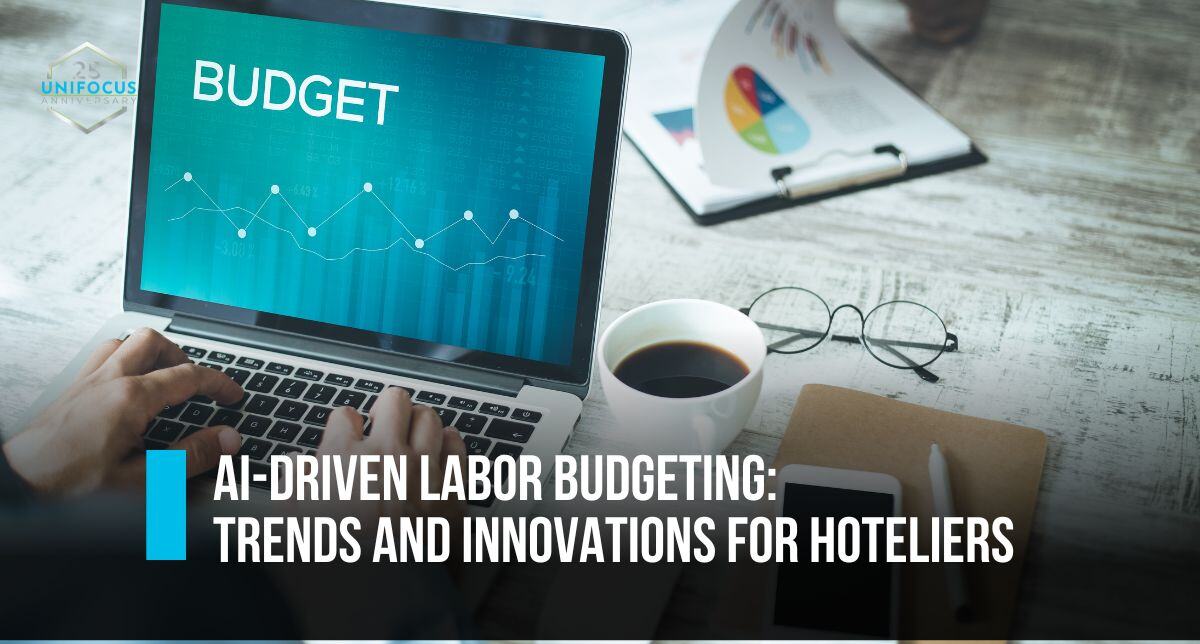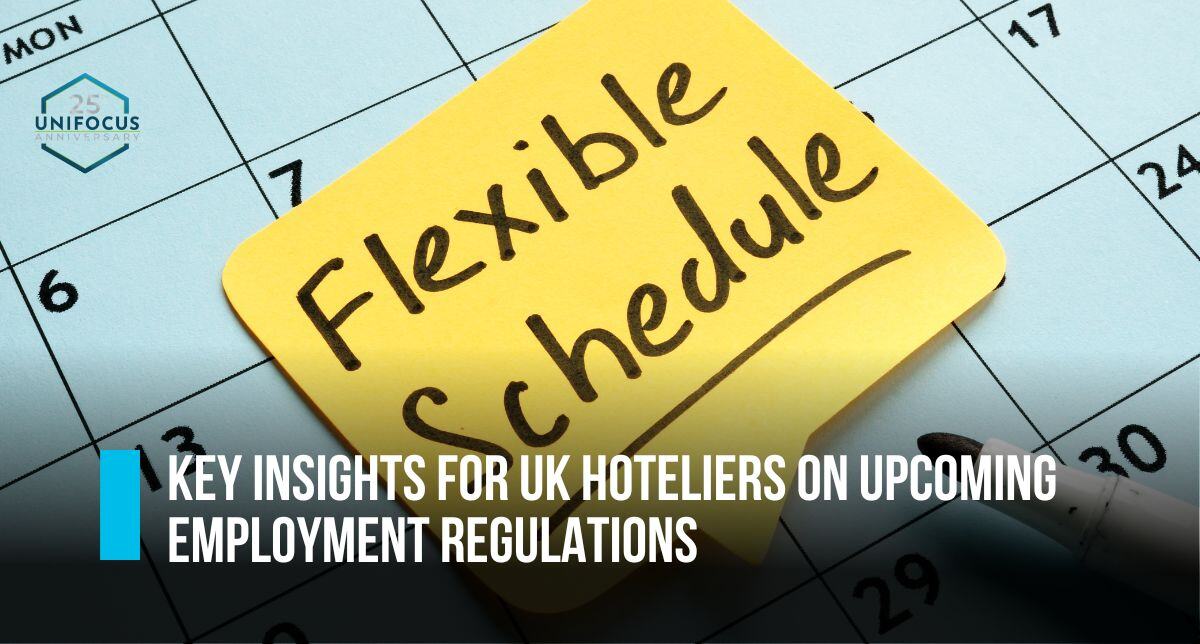Operational efficiency is crucial in the hospitality industry, significantly impacting guest satisfaction and overall profitability. Maintenance and housekeeping play pivotal roles in ensuring a seamless guest experience. When these two functions operate in silos, it can lead to inefficiencies, delayed responses, and decreased guest satisfaction. For instance, a maintenance issue that isn't promptly addressed can negatively affect a guest's stay, leading to poor reviews and potential loss of business.
Integrating maintenance and housekeeping through real-time platforms is a game-changer for the hospitality industry. This integration allows for immediate communication and coordination between departments, ensuring that maintenance issues are addressed swiftly and housekeeping operations run smoothly. Real-time integration helps in reducing the response time for maintenance requests, optimizing housekeeping schedules, and ultimately enhancing the guest experience. According to a report by Deloitte, operational efficiencies achieved through technology integration can lead to significant improvements in service delivery and guest satisfaction.
The importance of operational efficiency is further emphasized by the competitive nature of the hospitality industry, where guest reviews and satisfaction scores play a crucial role in a hotel's reputation and financial performance. A study by J.D. Power highlights that hotels with higher operational efficiency tend to have better guest satisfaction scores, which directly correlate with higher occupancy rates and average daily rates (ADR).
In this blog, we will explore the benefits of integrating maintenance platforms with housekeeping systems, as highlighted by Infraspeak, and provide real-world examples of how this integration can lead to significant time savings and better resource management.
Benefits of Integration
- Improved Communication and Coordination: Integrating maintenance platforms with housekeeping systems enhances communication and coordination between teams. Real-time updates and notifications enable housekeeping staff to report maintenance issues immediately, ensuring prompt responses. For example, if a housekeeper discovers a leaking faucet, they can instantly notify the maintenance team through an integrated system, initiating immediate repairs without delays.
- Enhanced Efficiency and Productivity: Streamlined processes resulting from integration significantly reduce the time taken to address maintenance issues. Housekeeping staff can use mobile apps to report problems, which automatically triggers maintenance requests. This eliminates the need for manual reporting and follow-up, allowing both teams to focus on their core tasks. Automated workflows ensure that issues are addressed promptly, enhancing overall productivity.
- Better Resource Management: Real-time data from integrated systems enable optimal allocation of maintenance and housekeeping resources. Automated scheduling systems can dynamically adjust shifts and tasks based on current needs, ensuring that resources are utilized efficiently. For instance, if multiple rooms require maintenance, the system can prioritize tasks and allocate staff accordingly, preventing bottlenecks and ensuring smooth operations.
- Increased Guest Satisfaction: Faster resolution of maintenance issues directly contributes to improved guest satisfaction. Quick repairs and timely housekeeping services minimize disruptions, enhancing the guest experience. For example, guests are less likely to encounter out-of-service amenities or unclean rooms, leading to higher satisfaction scores and positive reviews.
Technological Tools and Platforms
Property Management Systems (PMS): Integrating Property Management Systems (PMS) with maintenance and housekeeping modules centralizes data management and streamlines operations. A unified PMS facilitates seamless communication and coordination across departments, ensuring that all teams are aligned and working efficiently. This integration enables real-time visibility into room status, maintenance requests, and housekeeping schedules, allowing managers to make informed decisions quickly. For example, if a room requires maintenance, the system can automatically update housekeeping schedules to ensure the room is cleaned and ready for the next guest promptly. This reduces downtime and enhances operational efficiency, leading to improved guest satisfaction.
Mobile Applications: Mobile applications are essential tools for enabling real-time reporting and tracking of maintenance issues. Housekeeping staff can use these apps to report problems as they occur, track the progress of maintenance requests, and update statuses once issues are resolved. This immediate communication reduces the lag time between identifying and addressing problems, ensuring that maintenance tasks are completed promptly. Mobile apps also provide maintenance teams with instant access to their work orders, streamlining their workflows and allowing them to prioritize tasks based on urgency. The use of mobile technology ensures that maintenance and housekeeping operations are responsive and efficient, contributing to a better overall guest experience.
IoT Devices and Sensors: The integration of Internet of Things (IoT) devices and sensors in hotel operations takes predictive maintenance and real-time monitoring to the next level. Sensors can detect potential issues such as water leaks, HVAC malfunctions, or unusual energy consumption patterns, automatically alerting maintenance and housekeeping teams. This proactive approach allows for issues to be addressed before they escalate into major problems, preventing disruptions to guest services. For instance, a smart thermostat can alert the maintenance team if a room's temperature deviates from the set range, enabling them to fix the issue before the guest notices any discomfort. IoT devices ensure that maintenance is not only reactive but also predictive, enhancing operational efficiency and guest satisfaction.
Integrated Platforms for Enhanced Efficiency: Combining these technological tools into a cohesive, integrated platform further enhances their effectiveness. By leveraging a PMS that integrates with mobile applications and IoT devices, hotels can achieve a holistic view of their operations. This integration allows for automated workflows, where maintenance requests triggered by IoT sensors can be instantly assigned to the nearest available staff member via mobile apps, and the status can be tracked in real-time within the PMS. Such a unified approach ensures that all systems work together seamlessly, providing a robust framework for efficient hotel management.
By adopting these integrated technological solutions, hotels can streamline their operations, enhance efficiency, and deliver superior guest experiences.
Integrating maintenance platforms with housekeeping systems offers numerous benefits, including improved communication, enhanced efficiency, better resource management, and increased guest satisfaction. By leveraging these integrated solutions, hotels can streamline their operations, leading to a more efficient and guest-centric approach. Embracing this integration ensures long-term success and competitiveness in the hospitality market.

